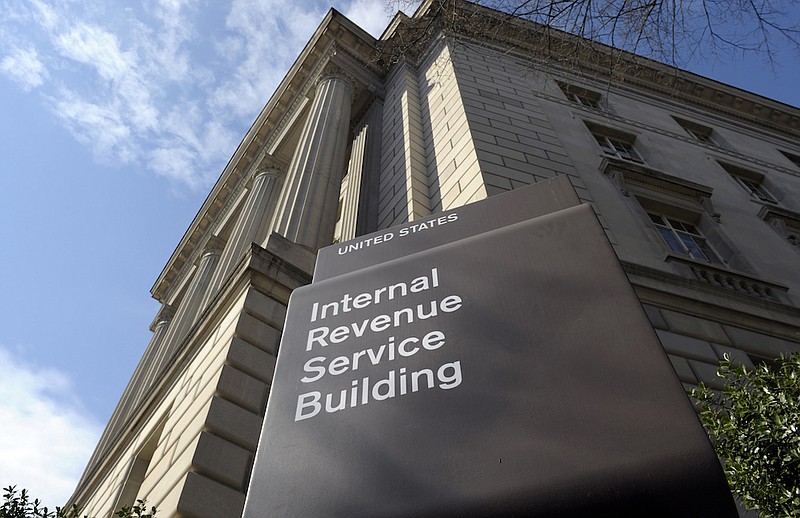WASHINGTON - The Biden administration, bowing to an aggressive lobbying campaign by the banking industry and pushback from Republicans, has agreed to support a far more limited plan for the Internal Revenue Service to try to crack down on tax cheats.
Senate Democrats rolled out a new proposal on Tuesday that would narrow the scope of information that banks would have to provide to the Internal Revenue Service about customer accounts. Under the new plan, backed by the administration, banks would only be required to provide data on accounts with total annual deposits or withdrawals worth more than $10,000, rather than the $600 threshold that was initially proposed. The reporting requirement would not apply to payroll deposits for wage and salary earners or to beneficiaries of federal programs such as Social Security.
The narrowing of the plan came after a steady lobbying campaign by banks and a rhetorical barrage from Republicans, who argued that the Biden administration's desire to bolster the IRS to shrink the $7 trillion so-called "tax gap" amounts to an invasion of privacy and government overreach.
Critics of the proposal have incorrectly suggested that the IRS would be tracking information about individual transactions. The administration has said the IRS would instead use the bank account information to spot discrepancies between what individuals report on their tax returns and what their bank accounts show.
But Republicans, who have expressed distrust of the agency for years, continued to criticize the proposal as an invasion of privacy.
"Whether it's $600 or $10,000, under this proposal, the intimate financial details of everyone in this room - at a minimum, of every American who has a job - will be turned over on a daily basis to the IRS," Sen. John Kennedy, R-La., told reporters, despite the proposal's exemption of payroll deposits. "What could possibly go wrong?"
Sen. Ron Wyden of Oregon, the chairman of the Senate Finance Committee, called the Republican accusations a flat-out "lie" promulgated by lawmakers at the behest of "donors and allies" who "want nothing more than a crippled IRS unable to go after their cheating."
